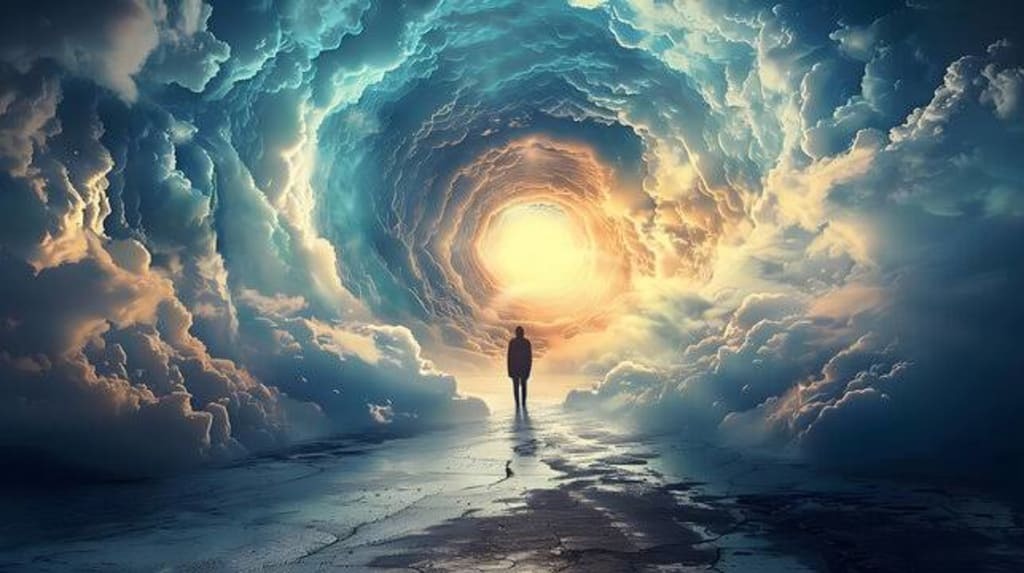The moment we lose someone we love, a thousand questions stir within our hearts. Among the most profound:
What becomes of the soul when the body is reduced to ash?
Cremation may resolve the body’s fate, but the destiny of the soul remains an ancient mystery—explored, honored, and debated across religions, cultures, and philosophies for millennia. While modern science can explain the fire, it cannot chart the spirit’s voyage.
Let’s explore what different traditions believe unfolds after the flames die down.

1. Hinduism & Buddhism — Liberation Through Fire
In Hinduism, cremation is not only customary—it’s sacred. The body is seen as a vessel, and when life ends, the eternal soul (atman) sheds its earthly shell to begin a new chapter in the cycle of rebirth (samsara). Fire plays a crucial role—it purifies, releases, and guides.
Cremation is believed to sever any remaining ties between the soul and its former body, making way for moksha, the ultimate liberation from reincarnation.
Buddhism, too, embraces cremation as a symbol of impermanence. While it does not recognize a permanent soul, it acknowledges a stream of consciousness that continues beyond death. Cremation is seen as a practical and spiritual acknowledgment of life’s transient nature—a step toward enlightenment.
2. Christianity — Soul Over Substance
Christianity’s view of cremation has evolved. For centuries, burial was preferred—especially in Catholicism, which emphasized physical resurrection. But today, most Christian denominations accept cremation, provided it is not done in denial of core beliefs.
The soul, in Christian faith, faces divine judgment after death and is destined for heaven, hell, or a transitional state such as purgatory.
Cremation does not alter this journey. The body may be returned to dust, but the soul’s fate lies in its relationship with God—not in how the body is laid to rest.
3. Islam — Reverence Through Burial
In Islam, cremation is strictly forbidden. The human body, created by Allah, is to be treated with utmost dignity—even in death.
Burial is not just tradition—it’s a divine directive. Muslims believe the soul departs at death but maintains a mysterious connection to the body until the Day of Judgment.
Cremation, by Islamic teaching, disrespects the sanctity of the body and is seen as disrupting the natural divine order.

4. Secular & Spiritual Views — Return to the Elements
Outside of formal religion, many modern individuals view cremation as a return to nature—a poetic merging of body and earth.
Those with spiritual but non-religious beliefs may imagine the soul as merging with the universe, rejoining loved ones, or continuing on in another form. Some see cremation as a transition into a higher energy, or simply a step in the eternal cycle of matter and spirit.
Conversely, atheists and humanists may view death as the end of consciousness. For them, cremation is chosen not for spiritual reasons, but for personal, environmental, or philosophical considerations—a way to honor life without belief in an afterlife.

Conclusion: Beyond Ashes
Cremation, though physical in nature, touches on deeply spiritual terrain. Its meaning is far greater than a method of body disposition—it is often the final ritual of love, of letting go, of transition.
So what happens to the soul after cremation?
That answer lives in your heart, shaped by your faith, your traditions, and your experiences. Whether you believe in reincarnation, resurrection, reunion with the divine, or a peaceful end—the soul’s journey is ultimately a reflection of our beliefs about what it means to be human.
And in pondering that journey, we often find not just answers about death—but profound insights into life.